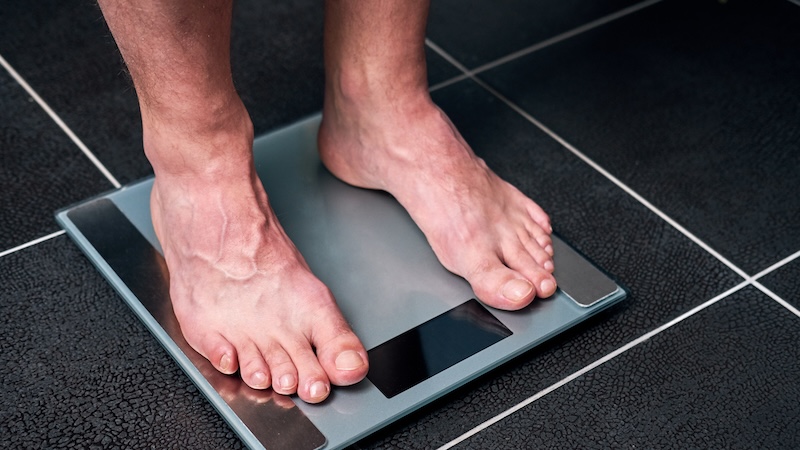Does Gaining a Few Extra Pounds Really Matter?
And other potential concerns of weight gain

Is extra weight a concern? Yes, but there are larger concerns, such as where you accumulate that extra fat. Dr. Howard LeWine of Harvard Health explains the concerns and a strategy for addressing them.
Question: Because I struggle to lose weight, I try to keep the pounds off. But how much danger is gaining an extra five to seven pounds?
Answer: Any excess weight can pose a health risk and affect one’s daily life. When you carry extra pounds, you also are more susceptible to joint pain, low energy, and problems sleeping.
Yet the greatest threat is the potential for gaining even more weight. It’s easy for five pounds to quickly turn into 10 pounds and then 15 pounds, and as the weight increases, so do the health risks.
It’s common for people to gain some weight with age. Metabolism naturally slows, and lean muscle mass steadily declines, both of which cause the body to burn calories at a slower rate. In addition, most of us consume more daily calories than we need. When you take in extra calories and don’t burn them off, they will be stored as fat.
But where you accumulate that extra fat is the real issue with weight gain. Based on its location, fat can be described as either subcutaneous or visceral. Subcutaneous fat is located just under the skin. Visceral fat lies deep within the abdominal cavity and pads the spaces between your abdominal organs.
Of the two, visceral fat is more dangerous, as high amounts are linked with type 2 diabetes and heart disease risk factors like high blood pressure, elevated blood sugar, and high cholesterol levels.
You can use your waist size to help determine whether you carry extra visceral fat. Except for very short or very tall people, a waist size of more than one-half your height suggests you likely have more visceral fat than is healthy.
So, it’s best to address even small weight changes. A little weight gain may seem normal for many people, but that doesn’t mean they should accept it and not do anything about it. It’s easier to make modest adjustments now than to wait until you gain a lot more weight.
You can turn back those extra pounds with a combination of aerobic exercise, strength training, and a healthy diet.
Experts recommend at least 30 minutes of moderate-intensity aerobic exercise (for example, brisk walking, running, swimming, or cycling) most days of the week, plus at least two weekly weight or resistance training sessions to maintain muscle mass and strength. To help control your weight, avoid or at least limit simple sugars and highly processed foods. For most people, that’s a simpler path than counting calories.
Howard LeWine, M.D., is an internist at Brigham and Women’s Hospital in Boston and assistant professor at Harvard Medical School. For additional consumer health information, please visit www.health.harvard.edu.
©2025 Harvard University. For terms of use, please see https://www.health.harvard.edu/terms-of-use. Distributed by Tribune Content Agency, LLC.


